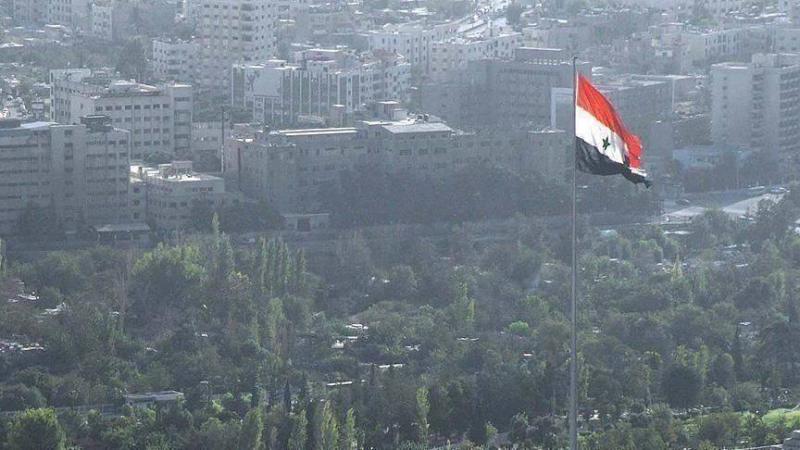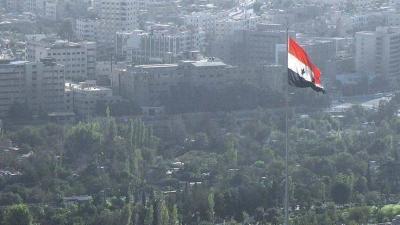The Syrian Ministry of Justice announced on Thursday that the death sentence was carried out on Wednesday against 24 individuals after they were convicted of igniting fires that destroyed large areas of forests, primarily in the coastal province of Latakia. The ministry stated on its Facebook page, "Yesterday, the death sentence was executed for twenty-four criminals for committing terrorist acts that led to death and damage to state infrastructure and public and private properties using incendiary materials. The execution was carried out after the ruling was confirmed by the Court of Cassation and the opinion of the special amnesty committee was issued mandating the execution of the sentence against the convicted."
Additionally, life sentences were issued against 11 others. Authorities arrested dozens by the end of last year and claimed that they confessed to starting the fires that began in September 2020 and continued until mid-October of the previous year. Although executions are common in Syria, which has numerous influential security agencies, it is rare to announce the execution of such a large number of sentences on a single day.
The Ministry of Justice stated in its announcement, "The Ministry of Interior was able, late last year, to identify the perpetrators involved in the outbreak of dozens of fires in Latakia, Tartus, and Homs, and these individuals confessed to setting fire to several locations in the three provinces, as well as admitting that they held meetings to plan the fires." It added, "The total number of fires that affected the provinces of Latakia, Tartus, Homs, and Hama last year reached 187, impacting 280 villages and towns."
No details were provided by the authorities regarding the location and manner of the executions in a country where international human rights groups claim that many detainees are executed without a trial, and where prisons contain tens of thousands of detainees.
Syrian President Bashar al-Assad visited destroyed rural areas near his hometown in Qardaha in Latakia province, which is primarily inhabited by the Alawite minority to which he belongs and which dominates key power structures in security and the army. The massive fires caused losses of tens of millions of dollars in lands primarily planted with citrus, apples, and olives, which many poor farmers from the Alawite community rely on to supplement their modest salaries from government jobs. The fires also damaged a major part of the state-owned tobacco company, which is a pillar of the coastal region's economy.
State television aired what it claimed were confessions from some of the perpetrators who said they received money to start the fires. At that time, authorities blamed those they described as enemies of Syria, both domestically and abroad, for igniting the fires as part of what they claimed was an economic war. The ongoing conflict in the country for nearly a decade has resulted in the deaths of tens of thousands, the displacement of millions, and has caused a refugee crisis.




